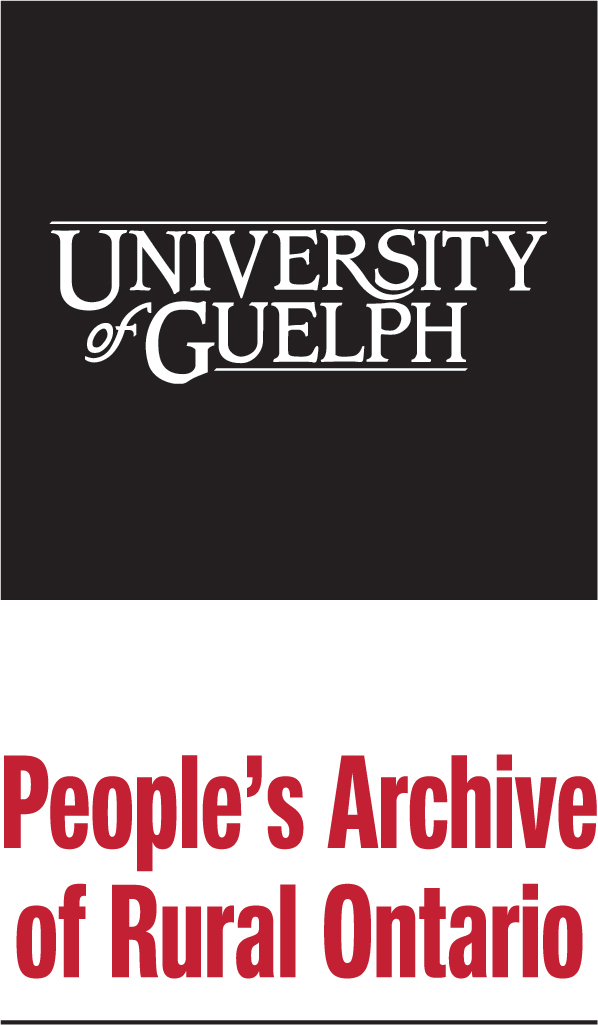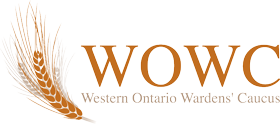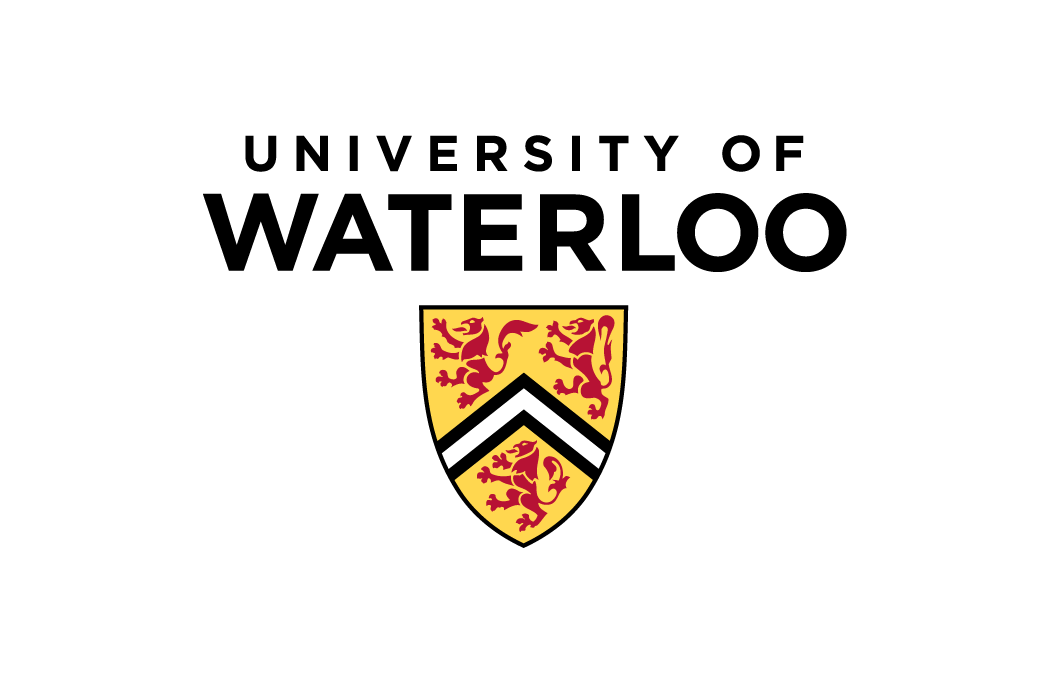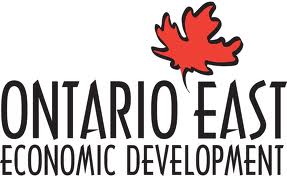Rural Rebound Case Studies
In order to accelerate a rural renaissance from Covid-19, we are collecting, curating and sharing stories featuring positive examples of innovations drawn from across rural Ontario. We have also selected several initiatives for a deeper dive in the form of “case studies”.
Case studies are based on virtual interviews with the stakeholders involved in each project or initiative as we inquired into the details, reflections and learnings from their experiences. Each of the featured case studies includes a link to watch the complete interview and a written summary of the interview. We specifically probed to highlight what might be transferrable for others looking to do similar projects and we expect rural stakeholders will look at these case studies to take ideas/recommendations and adapt them to their own context. Such peer-to-peer knowledge exchange is the underlying approach of Rural Rebound.
- Northumberland Economic Recovery Task Force: working together for the benefit of the business community
-

About the Northumberland Economic Recovery Task Force
The Northumberland Economic Recovery Task Force is a private sector driven initiative facilitated by Economic Development. The Task Force had two co-chairs representing the private and public sectors. It was a 2-tier structure: the Task Force and six Working Groups representing the key economic sectors in Northumberlands' economy: micro and small businesses; manufacturing; tourism; agriculture; professional services; and development/construction. The working groups provided information up to the Task Force.
In July 2020, the Task Force members presented a report containing their final recommendations for the economic recovery of Northumberland, including the following topics: 1) Tackle broadband deficits; 2) power the transition to online; 3) fuel consumer confidence; 4) enhance the PPE supply chain; 5) invest in workforce mental health; and 6) develop targeted economic recovery actions.
Value of having a private sector driven initiative:
- The voices of the businesses were heard. The recommendations were directly targeted at the needs of businesses.
- The business community is taking ownership of the implementation of the recommendations to help the County come out of the pandemic.
- The process was fast (from mid-April to end of June) as opposed to a Council led initiative that might move slower.
- The private sector agreeing to come back if needed was a validation of the process.
Challenges of the process:
- Individual organizations might have different priorities, potentially competing agendas but when context was provided and explanations were heard, the stakeholders came along.
- There was concern from some stakeholders that not all the key points suggested by them were taken into account by the Task Force. The stakeholders were informed that the recommendations were drafts, the term “living document” was used.
- In a crisis situation, time is not our friend; we needed to move things along. ?
- There was Zoom fatigue after a while. Many of us recognize the value of human contact.
Learnings and Recommendations from the Interviewees
- Making it a private sector driven initiative was key to get the level of involvement that we got and getting the level of commitment in the implementation of the recommendations.
- The participants were happy to present an opinion, review some ideas, and move forward with an actionable item as opposed to get caught up in a heavily bureaucratic process.
- We didn’t need to re-invent the wheel. There are already programs that are available to address many of the identified needs but sometimes people are not aware of them or they don’t know where to go to get them.
- The ultimate beneficiary has to be the business community because they are the ones that are employing the people and unless we have those people back to work, you are not going to have your economy recovered.
- People put their community first; they said how can I help? People left their personal agendas and egos at the door and we had the job done.
For more information on this case study read the summary of the interview or

-
Other resources on Rural Economic Recovery from Covid-19:
ON Regional Economic Development - Examples of Economic Recovery Teams
CRRF Rural Insight Series: Supporting Rural Economic Recovery and Resilience after Covid-19
- Supporting Oxford: a project created with collaboration and love
-
.png)
About the Supporting Oxford Platform
Supporting Oxford is an online directory for local businesses impacted by Covid-19 where they can submit their business information and the alternatives offered to reach consumers. This project was the result of collaborative work between Community Futures Oxford and local entrepreneur Alyssa Humphrey with support of Tourism Oxford and Oxford Connections.
The platform includes categories such as: food & drinks, gift certificates, home goods & essentials, shopping & gifts, online fitness, non-medical grade masks, garden centres & nurseries and golf courses.
How is Supporting Oxford helping small/local businesses?
- People want to support local but not necessarily want the traditional experience of shopping. Having presence online and making it consumer focused is critical right now.
- Having an online platform helped businesses connect with their consumers. The platform makes it easy for consumers to find what they are looking for.
- The categories are broken down by location; it is a user friendly website experience.
- Online presence is one thing which the platform is encouraging. But there is also a digital shift in relying on technology in general. For example, online booking options or contactless payment.
Benefits of multi-stakeholder collaboration:
- Supporting Oxford stands in very strong partnerships. They built on reliability, dependability and trust within organizations.
- Openness, full transparency, communication and clear identification of roles were key in this partnership.
- All organizations work with different people so they are reaching more people. By working together, they are helping more people that they would have if they were working by their own.
Learnings:
The stakeholders involved in this project took partnership to another level. They were listening to the community, they frequently communicated what they were hearing and out of these conversations a new project emerged. This partnership worked not only for Supporting Oxford but for other projects such as the E-business grant program.
Recommendations from the interviewees:
- Partner new ways, try new things.
- Pick up the phone, call your business community and ask how you can help. Then call some community partners, ask are you hearing the same things? And what can we do about it?
- Build on relationships and collaboration. True collaboration stems expertise, knowledge and ideas. You don’t have to know everything or do everything.
- Use data to support your ideas.
- Enter partnerships with the intent to take action on whatever it is that you are bringing to the table.
- Move quickly and adapt as you go.
For more information read the summary of the interview or
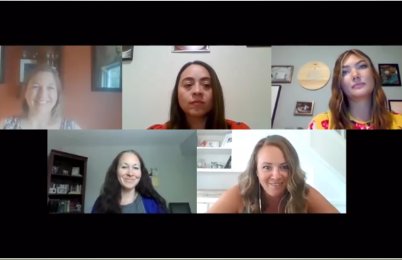
Watch the complete interview
For more information and tools on e-commerce and businesses' online presence:
Read the article published in the Journal of Rural and Community Development:
Webinars
- The Future of Workers in Rural Ontario (October 26, 2020)
-
Watch our recorded event featuring expert speakers discussing issues impacting the future of labour force in rural Ontario.
Mitchell Davidson and Shiv Ruparell, authors of the white paper "The Future of Ontario's Workers" by StrategyCorp Institute of Public Policy and Economy, discuss issues such as education, training and automation in the context of Covid-19.
Savanna Myers, Grey County's Director of Economic Development, Tourism and Culture, and her colleague Steve Furness provide a regional context on this topic by sharing their experience supporting employment and education in skilled trades with the Grey County Regional Skills, Trades, Training and Innovation Centre.
The webinar ends with a Q&A session which covers topics such as the importance of collaboration/partnerships, affordable housing and migration/newcomers.
Other resources on the future of labour force:
The Now of Work Annotated Bibliography features summaries of recent reports examining the implications of COVID-19
- The Importance of Rural Data in Developing Appropriate Response Plans (April 27, 2021)
-
In this 1-hour webinar, University of Guelph's Professor Leith Deacon talks about the results of his most recent research project identifying vulnerable populations, emergent mental health, and economic concerns generated by COVID-19 in Huron and Perth Counties.
Leith also discusses how the data gathered by his research team can be used for preparedness and response to other crises facing rural areas.
The Rural Ontario Institute invites you to add momentum to a rural rebound from the COVID 19 shutdowns. Share a story of creative solutions amidst the challenges of these unsettling times! We are interested in all types of stories whether they are driven by rural citizens, agencies and local government, rural businesses or community organizations. Collaboration will no doubt be a common theme!
Our Partners in Rural Rebound
